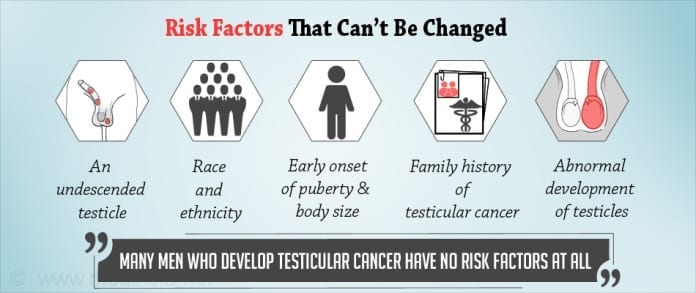- Over two thirds (69%) of 18-34 year-old men in the UK don’t know they are in the age group most at risk of being diagnosed with testicular cancer
- 42% of 18-34 year-old menin the UK say they that they have no idea or are unsure how to perform a testicular self-examination.
Over two thirds (69%) of men in the UK aged between 18-34 don’t know that they are in the age group most at risk of getting testicular cancer, according to new researchfrom leading global men’s health charity, the Movember Foundation.
Testicular cancer is the most common cancer in young men with around 2,200 cases in the UK every year. The charity is now urging men in the at-risk age group to carry out regular self-checks as early diagnosis is key to successful treatment. Incidence rates are projected to rise by 12% in the UK between 2014 and 2035, to 10 cases per 100,000 males by 2035.
The Movember Foundation’s Global Director of Testicular Cancer Sam Gledhill said:
“The fact that so many men are unaware that they are in the highest-risk age group is very worrying. There’s a widespread assumption that it’s a disease that predominantly affects older men but that’s just not the case. Testicular cancer strikes early so checking regularly and knowing what to look for is crucial.”
However, the poll of 1,093 British men conducted by YouGov, also found that 42% of men in the at-risk age group (aged 18-34) didn’t know or are unsure how to perform a testicular self-examination.
Sam Gledhill added:
“If you’re a guy in your 20s or 30s, you should definitely be getting to know your testicles a little better. What they look like, what they feel like and what’s normal for you down there.
“The shower is a great place to start because the warmth relaxes the scrotum, making the exam easier.
Around once a month, when you’re in the shower, gently roll one testicle at a time between your thumb and fingers. If you notice any changes, don’t panic, it doesn’t necessarily mean you have cancer, but you should definitely get it checked out.”
Testicular cancer will often present as a lump or pain in the testicle, an increase in size or a change in the way a testicle feels – although these symptoms can be vague or may not be the same for everyone.
Those most at risk are men who had undescended testes at birth, or those with a relative who has diagnosed with testicular cancer.
Although survival rates are high (over 95 percent), up to one in 20 cases are fatal.
The Movember Foundation has pledged to halve the numbers of men dying from testicular cancer by 2030.
This April, #KnowThyNuts for Testicular Cancer Awareness Month.
For more information visit: www.movember.com/knowthynuts or https://truenth-tc.org/
Help keep news FREE for our readers
Supporting your local community newspaper/online news outlet is crucial now more than ever. If you believe in independent journalism, then consider making a valuable contribution by making a one-time or monthly donation. We operate in rural areas where providing unbiased news can be challenging. Read More About Supporting The West Wales Chronicle






















